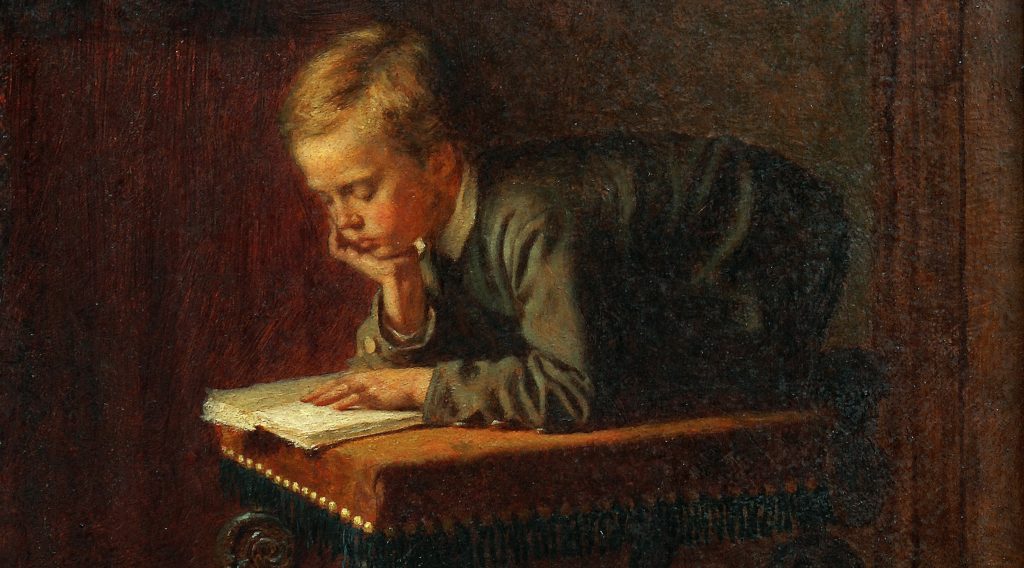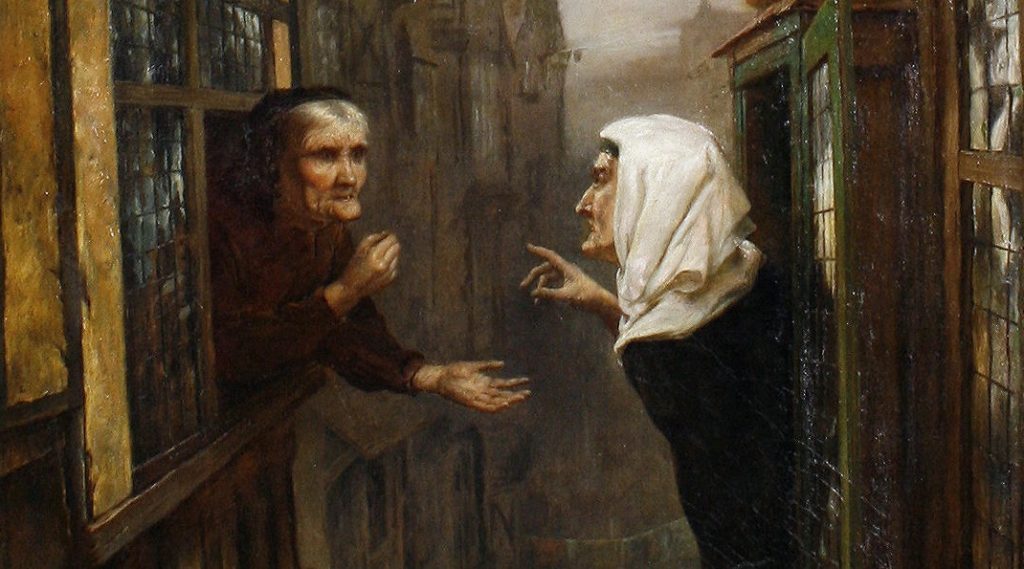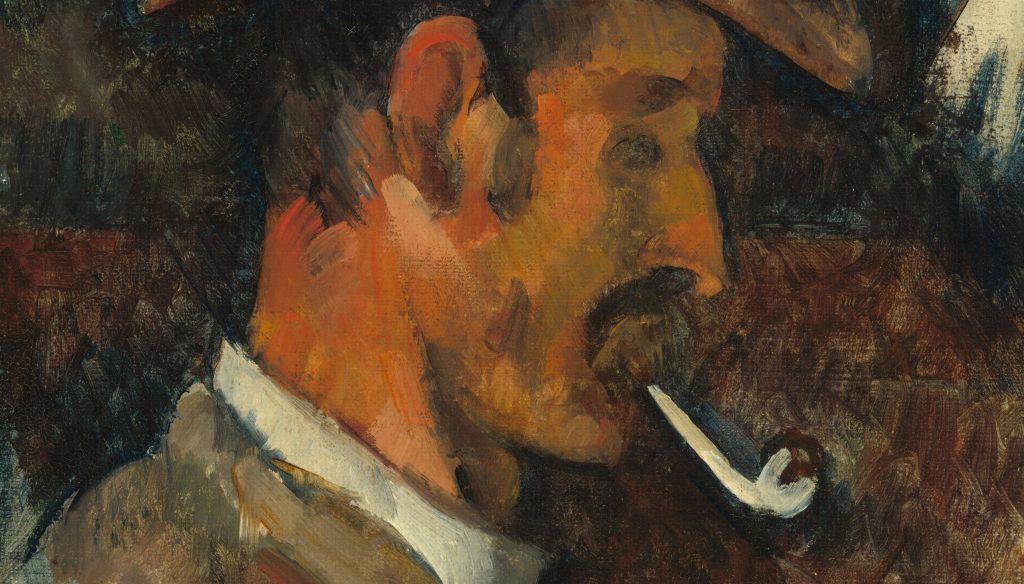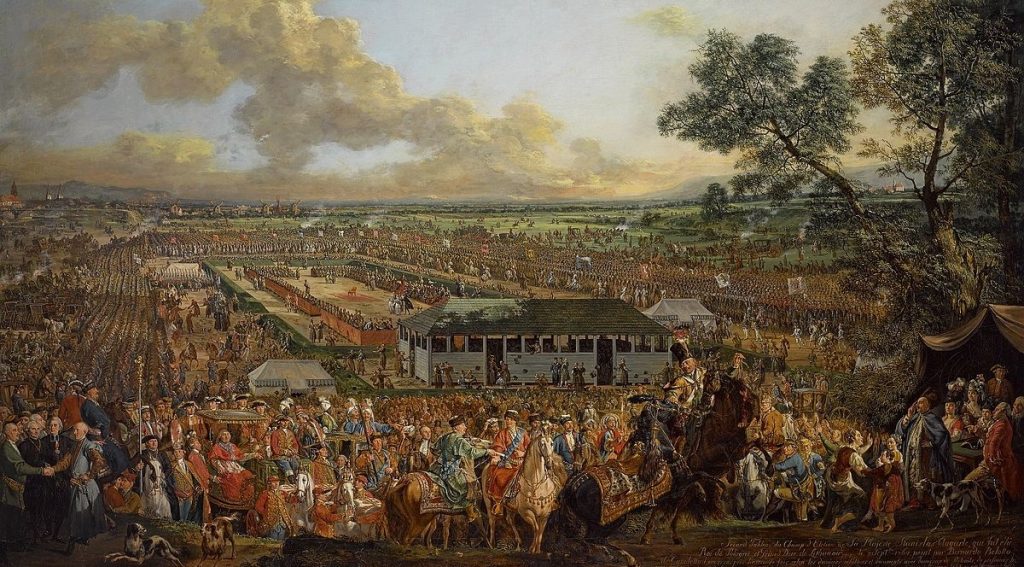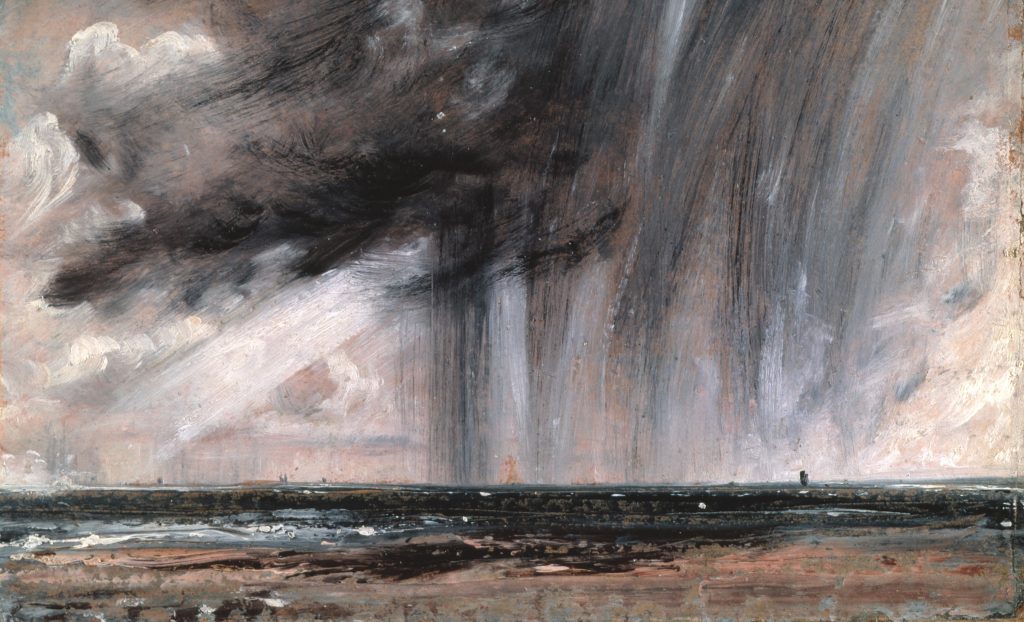
Bulgarian Constitution as Lifeline
Soon it will be 8 years since the last constitutional changes related to the Bulgarian judiciary. As politicians are evidently in a hurry to present us with a Christmas gift in the form of new amendments to the Fundamental Law, perhaps it is a good idea to recall what happened in 2015, highlight the differences with the current situation, and suggest why there is such a lack of enthusiasm for the current initiative.






